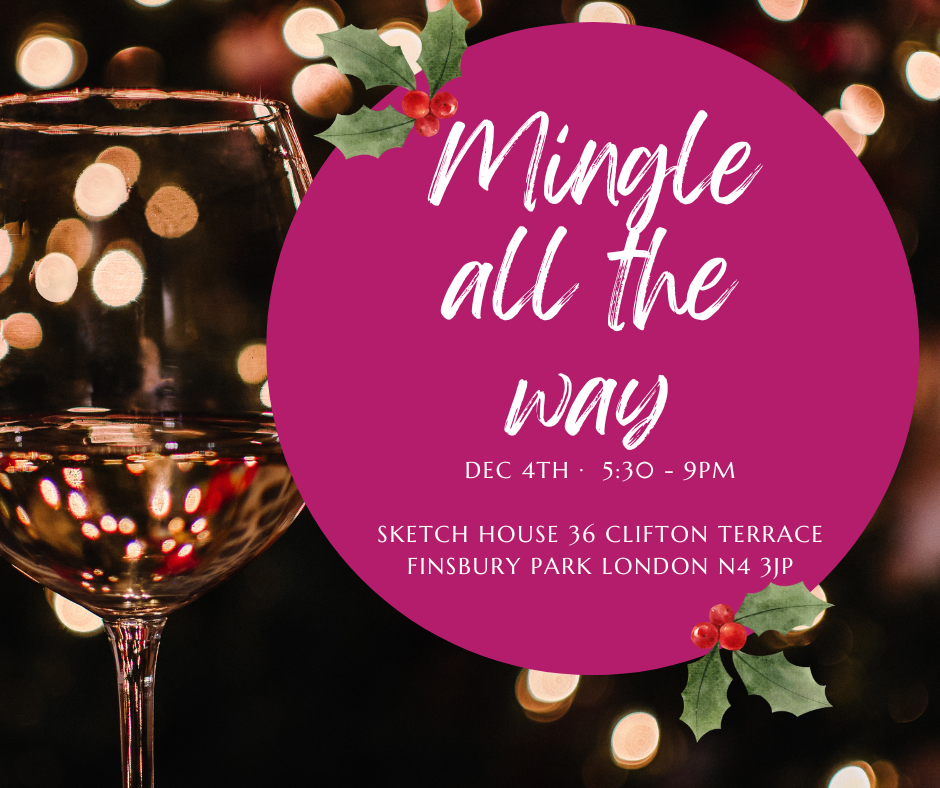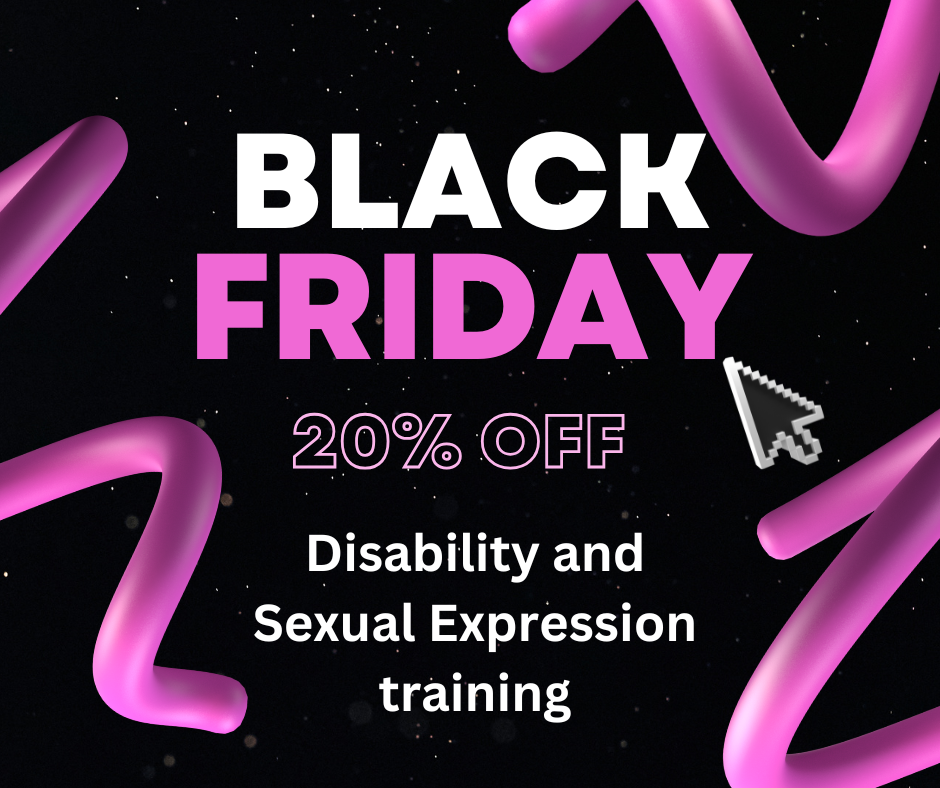
How does a queer, non-binary person, who was born before the internet, come to understand themselves?
“Boys will be boys”, but “girls should know better.”
From the moment I became aware that not all kids were the same, I knew I was ‘wrong’. The way that ‘girls’ were expected to behave, the toys they were allowed to play with, the clothes they had to wear, the way grown-ups spoke to them… all very different to the world that ‘boys’ were allowed to inhabit. I didn’t feel like a girl.
It seemed, to me, that boys were allowed to behave mischievously, get grubby, be cheeky, run wild, have adventures, not consider any consequences to their actions. Girls, on the other hand, should play tea parties, dress up dolls, be princesses.
Pass me a bucket! That was not me.
Sealed the deal
For some reason, age 4, we were once sent to the toilet at play time in pairs. I was with a boy. Oh… My…life. What was that?! He could pee standing up. He didn’t have to go through all the shenanigans of accessing the toilet via various processes of undressing. Just a quick get it out, pee, put it back, done. I was sold and I wanted one of them. And if that’s what being a boy was, then, I wanted in.
Wrong
But nobody believed me! Clearly I wasn’t a boy! I didn’t have the desired body part, and everyone (except me) insisted I was a girl. As we got older, more differences appeared (although I would say now that many are socially constructed and didn’t necessarily ‘prove’ anything) and I realised that I didn’t actually ‘feel’ like a boy either.
Alien
Cue the next 3 decades of my life feeling like a total freak. I felt I must just be inherently wrong.
Everybody else was either male or female, and seemed to be accepting of that. I was convinced I must be some genetic mutation, some weird alien, the only one of my species in existence. But I couldn’t tell anyone.
I already hated being the focus of any attention and every time I had tried to talk about gender I had been shut down. There are boys and there are girls, and boys fall in love with girls, and that’s the way it is. (But don’t get me started on heteronormativity)
No representation
Kids’ TV was a couple of hours a day, on a choice of two channels. Everything else was grown up telly – serious and boring. The internet wasn’t a thing, and there was no point trying to find something in the library – I ‘knew’ I was the only one; so nothing would have been written about it. Everyone on TV was cishet (without the terminology), which reinforced my deeply negative sense of self.
When I was 15 I caught a documentary about a transgender guy. I was blown away to discover that there were people born into the wrong body, and that correction was possible. Except that wouldn’t work for me. I’m not male or female. Again – just me then.
Internet
When the internet arrived, just like with the library, there was no point exploring my ‘condition’. Everything I had ever encountered reinforced that I was just wrong.
Until, completely by accident, aged 32, I discovered the writer Meg-John Barker. They looked like me, dressed like me, sounded like me, and they’re not male or female. M-J is non-binary and there it was… the term for it. It wasn’t just me.
Others
And it turns out, there are others. Who knew!
Artist and film maker, Fox Fisher and their partner Owl (both non-binary) have worked tirelessly to educate and raise awareness around gender and non-binary identities for almost a decade. Christie Elan-Cane has been campaigning for recognition of genderless British citizens for over 30 years. Elan-Cane took the UK Government to the Supreme Court in 2021 for the right to be issued with gender marker X passports.
The case was dismissed and the matter has since been lodged with the European Court of Human Rights, where it has sat since June 2022 awaiting even a first decision.
Pride
The intervening years (almost 20), since discovering it’s not just me, have been a roller coaster of depression, shame, disability, self-exploration and ultimately growth.
Finally I am able to live my authentic life in which I can navigate the world being proud of the unique individual I was always meant to be.
Want to write a blog for us? Visit our page on how to get involved to find out how
Want to read more blogs on disability? Visit our blog page for a list of articles









